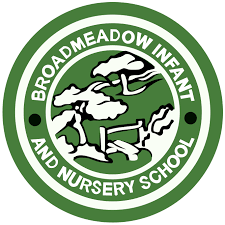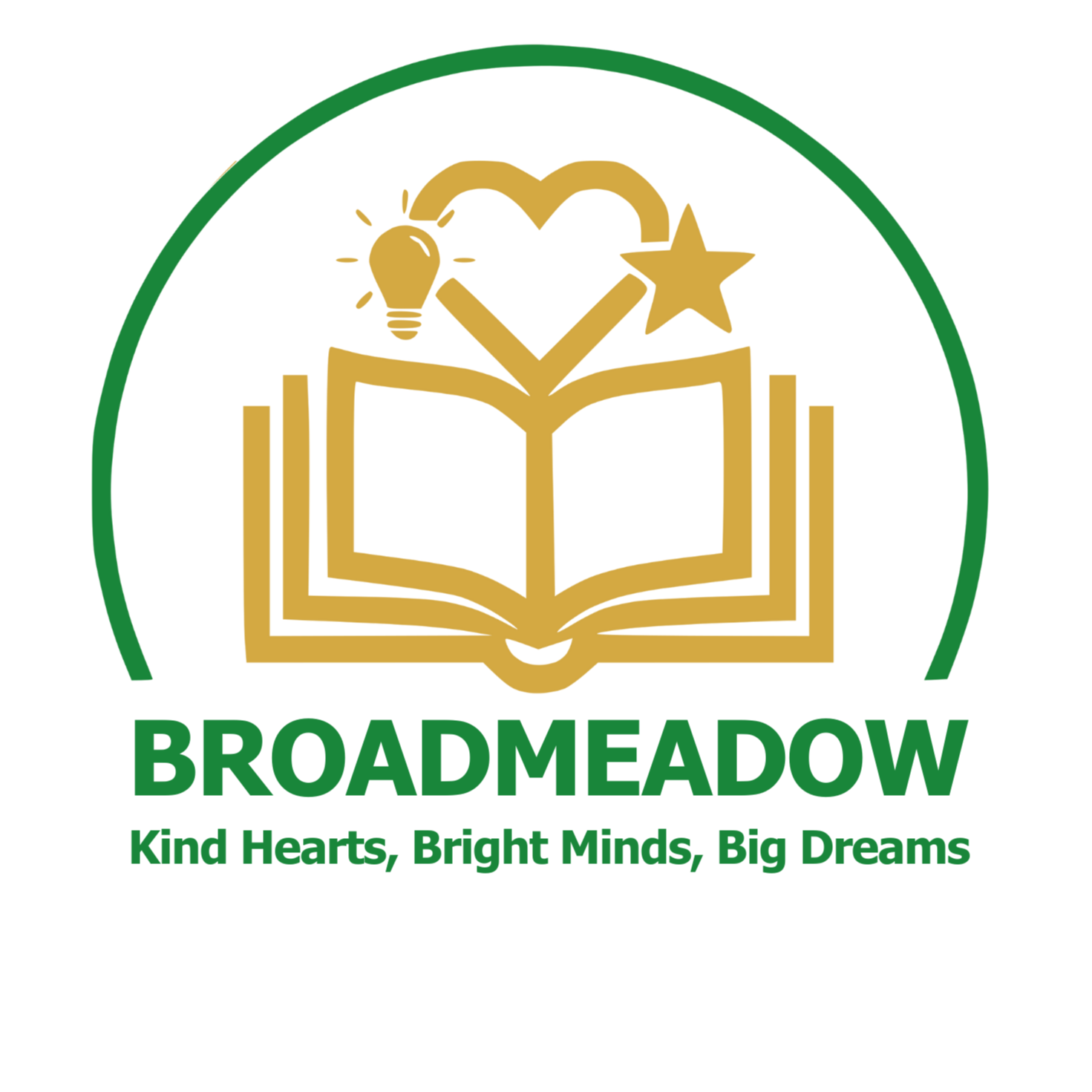Our Infant and Nursery School

Broadmeadow Infant and Nursery School: Admissions Information
In accordance with the School Admissions Code, Broadmeadow Infant and Nursery School (member of the Robin Hood Multi-Academy Trust) publishes its admission arrangements for the current and future academic years.
1. Current Academic Year (2025/2026)
-
Status: Active
-
Reception Published Admission Number (PAN): 30
-
Note: This PAN was reduced from 60 to 30 following a formal variation approved by the Schools Adjudicator (Case VAR2524).
Appeals Timetable 2025/26
In accordance with the School Admission Appeals Code, the following timetable applies for the September 2025 intake:
|
Action |
Date |
|---|---|
|
National Offer Day |
16 April 2025 |
|
Deadline for lodging an appeal |
20 May 2025 (at least 20 school days from offer day) |
|
Appellants to receive notice of hearing |
At least 10 school days before the hearing |
|
Deadline for additional evidence |
5 school days before the hearing |
|
Appeals to be heard |
Within 40 school days of the deadline for lodging appeals |
|
Decision letters sent |
Within 5 school days of the hearing |
2. Determined Arrangements (2026/2027)
-
Status: Determined / Variation Pending
-
Reception Published Admission Number (PAN): 60* * Variation Request: The Robin Hood Multi-Academy Trust has submitted a formal variation request to the DfE to maintain the PAN at 30 for September 2026. This is to ensure a consistent 1-form entry model.
4. Proposed Arrangements (2027/2028)
-
Status: Proposed
-
Reception Published Admission Number (PAN): 30
-
Rationale: To maintain the sustainable 1-form entry model previously approved by the Schools Adjudicator and to match local demographic demand in the Druids Heath area.
How to Respond to the 2027/28 Proposed Arrangements: We welcome feedback from parents, carers, and stakeholders. Please submit any comments by 5:00 PM on 31 January 2026 to enquiry@broadmeadowschool.co.uk.

